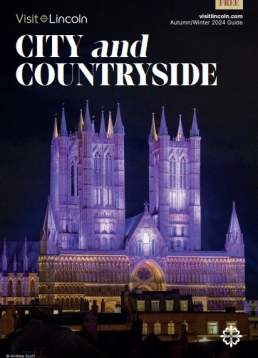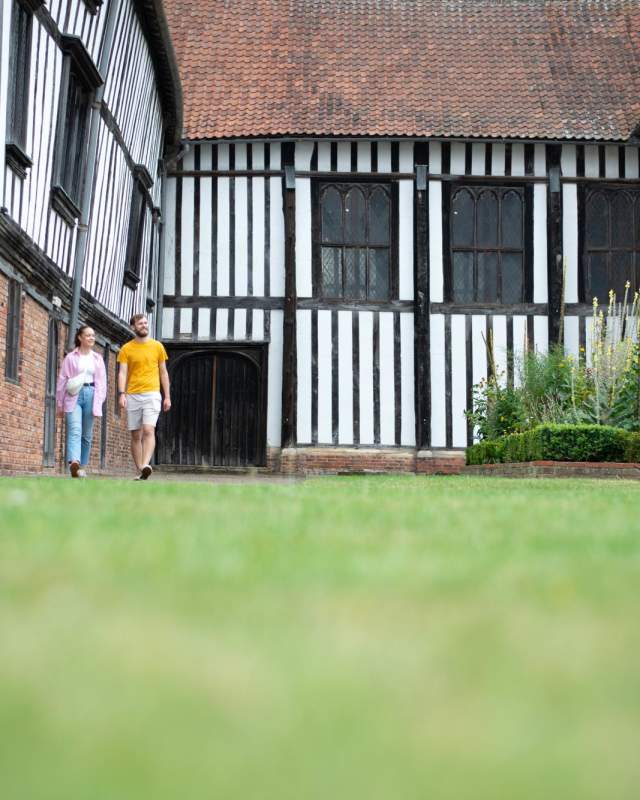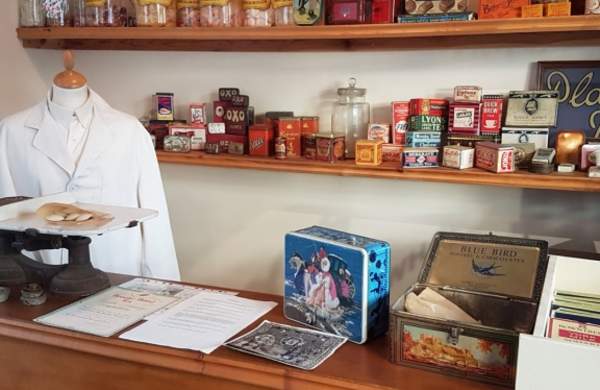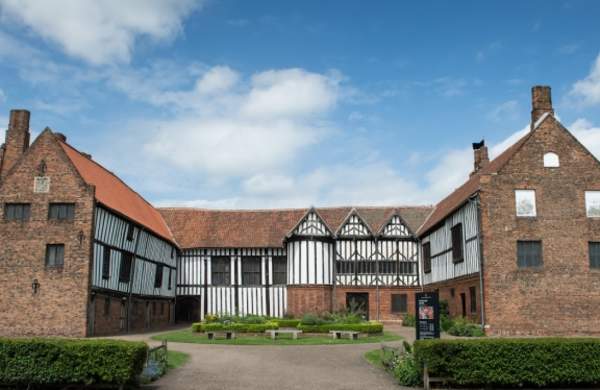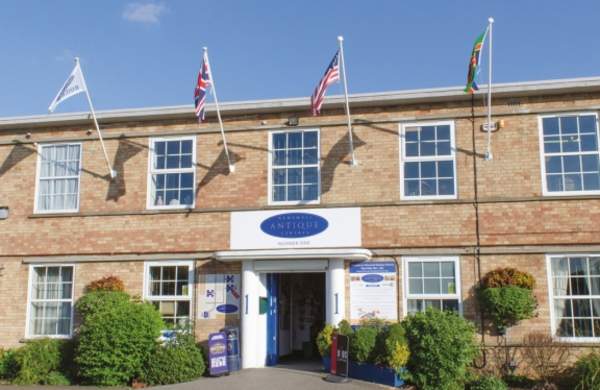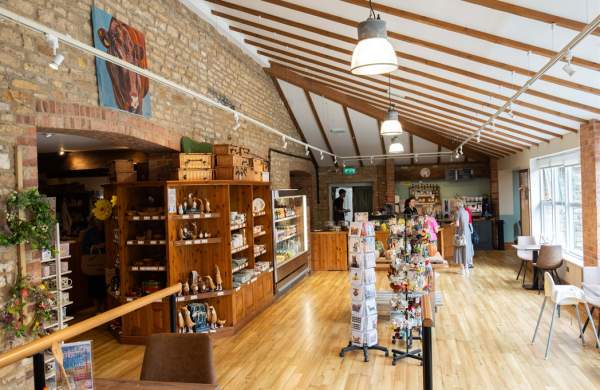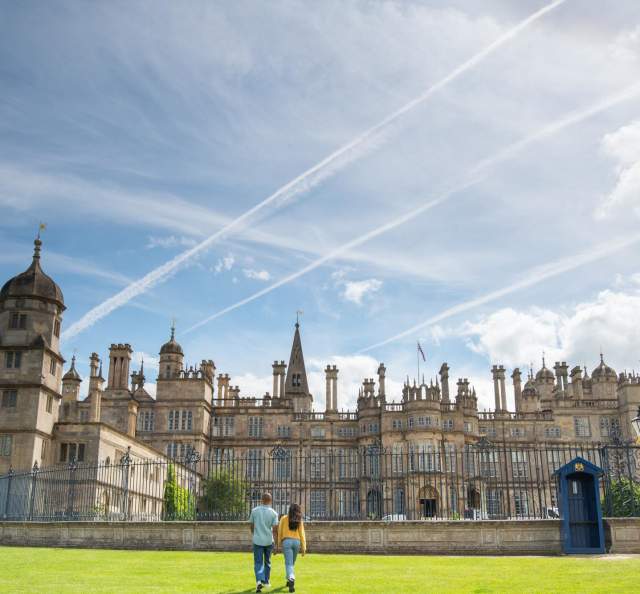Gainsborough
Situated on the westerly edge of Lincolnshire, Gainsborough is one of the largest market towns in the county.
Bordered by the River Trent, Gainsborough has a long history of industry and was once a busy shipping port. The town boasts a fascinating history, with links to the Royal family, the Mayflower Pilgrims and the English Civil War.
There are some fantastic attractions that celebrate the history of the town, including the medieval Gainsborough Old Hall, Trinity Arts Centre and Gainsborough Heritage Centre.
Over recent years, Gainsborough has become a popular shopping destination, with an abundance of independent shops, and a thriving market scene. Throughout the year, the town also plays host to a variety of events, celebrating art, heritage and culture.
The history of Gainsborough
The history of Gainsborough can be traced back to the 6th century. The town’s position on the River Trent meant it was the first port of call for many invaders.
As the Vikings began to settle in the UK, Gainsborough became a base for new arrivals and the Danes set up their administrative offices here.
In 1002, the King of England ordered the massacre of anyone with a Danish connection, and Gainsborough was at the centre of many bloody battles. When the King of Denmark heard of the unrest, he came to England to conquer the crown. He made Gainsborough Castle the centre of his operations – and Gainsborough was named as the capital of England.
Just five weeks later, the King was found dead, and the town’s new title was lost.
Industry and Innovation
Over the years, Gainsborough developed into a thriving port, and became a major producer of wool. Home to warehouses, breweries and large engineering firms, the town played an integral part in the Industrial Revolution.
With the development of the railways, Gainsborough became the manufacturing base of Marshall, Sons & Co, an engineering company founded by William Marshall in 1848. Marshall’s exported boilers as far away as Russia, employing a workforce of 4000. During the World Wars, Marshall’s also helped to produce munitions and military hardware for the British forces.
Another local manufacturer, William Rose, was responsible for the design of the first tobacco wrapping machine. His company, Rose Brothers Ltd, also played a key part in both World Wars, manufacturing aircraft parts.
Visit Gainsborough today and you will find a series of blue plaques highlighting the historic buildings, and honouring the people who helped shape the town.
Things to do in Gainsborough
Gainsborough Heritage Centre
- History & Heritage
The Gainsborough Heritage Centre is brimming with memorabilia from the town’s…
Gainsborough Old Hall
- Heritage / Visitor Centre
One of the best preserved, timber-framed manor houses in the UK, dating to the 15th…
Hemswell Antique Centres
- Antiques Shop
Set in rural Lincolnshire, just a few miles outside Lincoln, Hemswell Antique Centres…
Uncle Henry's
- Farm Shop
Farming heritage combined with a love for great food, provenance and interest in the…
Day trips from Lincoln
If you’re hoping to discover more of Lincolnshire, you can enjoy a whole host of day trips from Lincoln. Picturesque market towns, beautiful beaches and undulating countryside are all within easy reach of the city. Accessible by road and rail, Lincoln is the perfect base for exploring the…
Subscribe to our
NEWSLETTER
Sign up to the Visit Lincoln newsletter to receive the latest news and updates direct to your email inbox.

